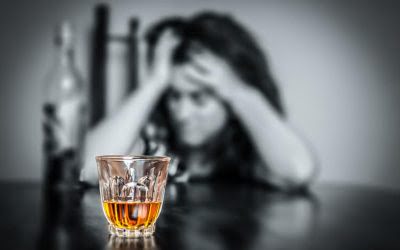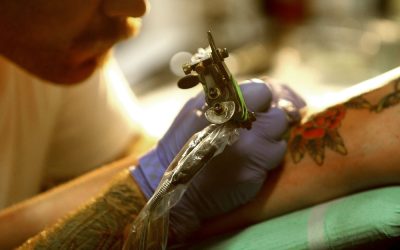If you experience sleep drunkenness occasionally, you don’t have to worry about anything. However, if you get sleep drunkenness once every week, it’s best to visit a doctor. In simple terms, breathalyzers https://altm.agency/10-reasons-to-stay-sober-inspiration-for-making-it/ detect alcohol by using a chemical reaction to remove alcohol from the air and force it to react with another compound. This chemical reaction in the breathalyzer can measure your blood alcohol level (BAC) using just your breath. It has nothing to do with what your breath smells like, so covering up the smell of alcohol with something a mint doesn’t help. Recovery from an alcohol use disorder means more than quitting alcohol.
Take Time for Self-Care
The initial manifestation of this what does being drunk feel like bold decision is going to be the detox phase. It’s similar to a spring cleaning that your body conducts to get rid of alcohol remnants. Detox is the body’s reactionary mechanism to sudden alcohol deprivation, making it a challenging phase. Understanding this condition can help you appreciate the prolonged battle against fatigue and the importance of patience in recovery. More so, awareness of PAWS supports the identification of this condition and prompts necessary medical responses to manage this, in turn aiding in smoother recovery journeys.

How Long Does It Take to Get Sober After Drinking?

Certain people can bounce back from substance use disorders quickly, while it can take substantially more time for others. Younger people, for instance, tend to recover from withdrawal and post-acute withdrawal quicker than those who get sober later in life. All of these what is alcoholism changes can contribute to sobriety fatigue, but provide substantial long-term benefits. Much of the work of recovery means making these types of changes – exchanging the immediate reward of substance use for the delayed rewards of healthy lifestyle change. While acute alcohol withdrawal typically only lasts a week or two, PAWS can last for months. Even if you don’t experience the depression-like symptoms that PAWS often brings, you can still struggle with sobriety fatigue.

I Feel Drunk But I’m Sober (Auto Brewery Syndrome – Causes, Diagnosis & Treatment)
- Other research finds those with the syndrome are more likely to drink more water; drink less tea, coffee, and dairy; and eat less candy.
- Giannotto says she called more than 100 doctors across the country begging them to take her husband’s case.
- The result is drunk blabbermouths who overshare and say embarrassing or regrettable things.
- Dehydration, a lack of sufficient fluids, can also lead to dizziness, lightheadedness, and balance problems by affecting blood pressure and inner ear fluid balance.
- Understanding how long alcohol stays in your system and the lasting effects of even short-term drinking can be a powerful motivator for those considering a shift to sobriety.
- Chances are, more than a few people have traveled a similar road.
Those with liver disease may also metabolize alcohol more slowly, extending intoxication. Recovering from these effects to “sober up” takes time, and the body often needs at least a full day to feel clear-headed and physically well after heavy drinking. For some, the physical toll can last longer, impacting not only mood and energy but also overall health. This recovery process can serve as a reminder of the short-lived benefits of drinking compared to the enduring advantages of a sober life. Even after you no longer feel intoxicated, small amounts of alcohol can linger in your body, with a notable effect on your sleep, mood, and mental clarity.
- It only involves getting a stool sample, so the test isn’t painful.
- But remember that this phase is a fairly normal part of recovery, and it won’t last forever.
- However, they now seem to be dealing with dry drunk syndrome.




